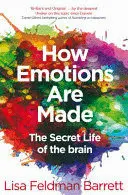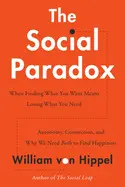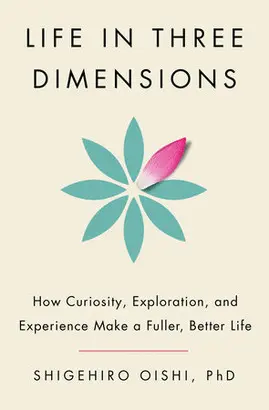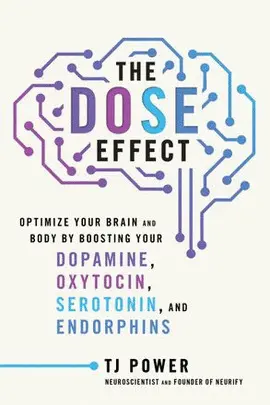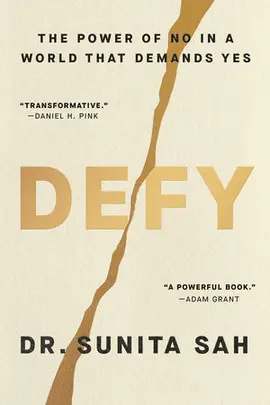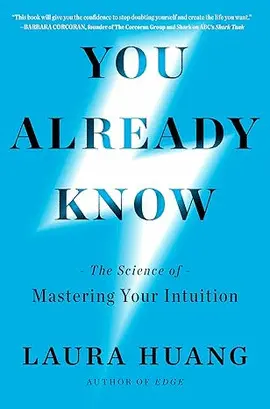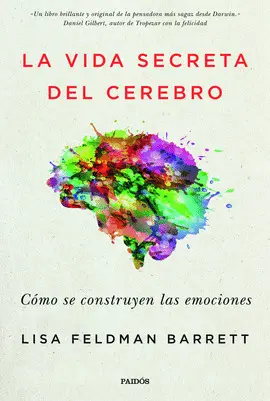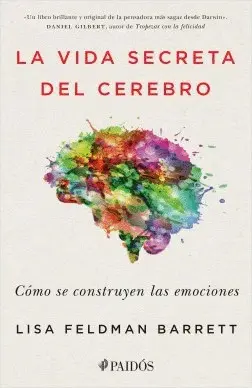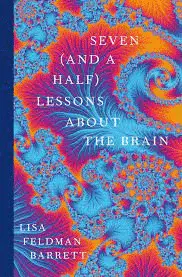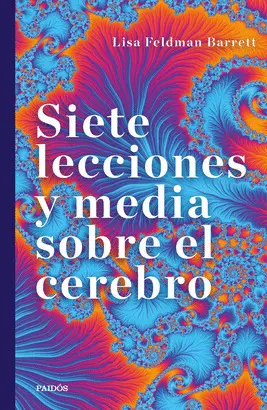By the deepest thinker about this topic since Darwin' Daniel Gilbert, author of the bestseller Stumbling on Happiness'Fascinating . . . a thought-provoking journey into emotion science' The Wall Street Journal'This meticulous, well-researched, and deeply thought out book provides information about our emotions - what they are, where they come from, why we have them. For anyone who has struggled to reconcile brain and heart, this book will be a treasure; it explains the science without short-changing the humanism of its topic' Andrew Solomon, bestselling author of Far From the Tree and The Noonday DemonWhen you feel anxious, angry, happy, or surprised, what's really going on inside of you? Many scientists believe that emotions come from a specific part of the brain, triggered by the world around us. The thrill of seeing an old friend, the fear of losing someone we love - each of these sensations seems to arise automatically and uncontrollably from within us, finding expression on our faces and in our behaviour, carrying us away with the experience.This understanding of emotion has been around since Plato. But what if it is wrong? In How Emotions Are Made, pioneering psychologist and neuroscientist Lisa Feldman Barrett draws on the latest scientific evidence to reveal that our common-sense ideas about emotions are dramatically, even dangerously, out of date - and that we have been paying the price. Emotions aren't universally pre-programmed in our brains and bodies; rather they are psychological experiences that each of us constructs based on our unique personal history, physiology and environment.This new view of emotions has serious implications: when judges issue lesser sentences for crimes of passion, when police officers fire at threatening suspects, or when doctors choose between one diagnosis and another, they're all, in some way, relying on the ancient assumption that emotions are hardwired into our brains and bodies. Revising that conception of emotion isn't just good science, Barrett shows; it's vital to our well-being and the health of society itself.


